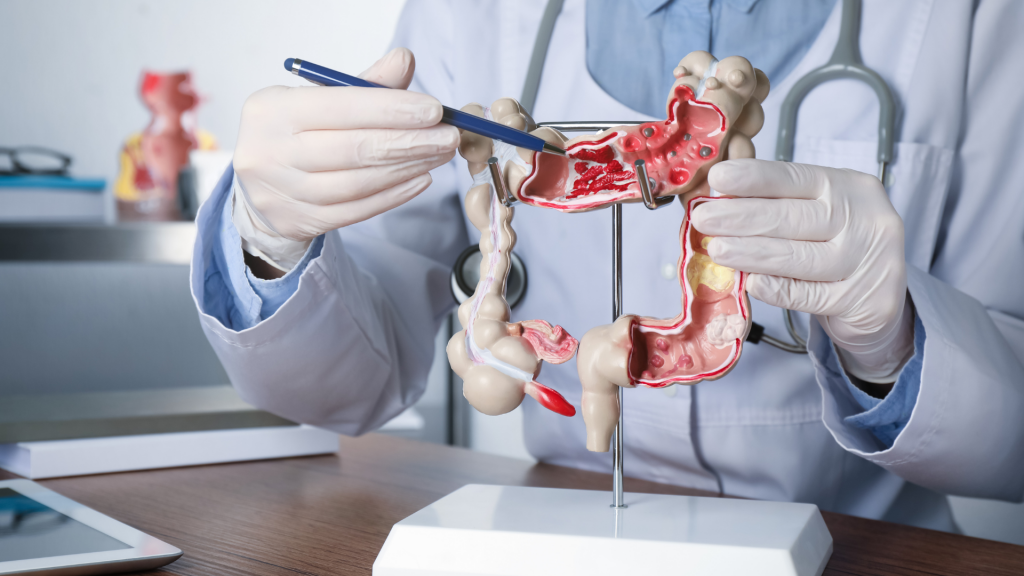Medical billing is crucial for gastroenterology practices, especially given the specialty’s integral complexity. The gastroenterology market is set to surge from USD 54.56 billion in 2023 to an estimated USD 93.8 billion by 2032, driven by factors such as the increasing frequency of gastrointestinal disorders, expanded clinical studies, rising healthcare costs, and a growing elderly population.
To capitalize on this growth, gastroenterologists must prioritize streamlined revenue cycles and maximize reimbursements. This gastroenterology white paper guide details best of practices that healthcare providers can utilize to maximize their RCM reimbursements. Embracing best practices in medical billing becomes necessary to navigate the unique challenges and ensure the financial health of gastroenterology practices in the evolving healthcare landscape.
Best Practices for Efficient Gastroenterology Medical Billing
- Accurate gastroenterology coding and documentation
Successful medical billing in gastroenterology relies on precise coding and thorough documentation. Gastroenterologists must assign accurate diagnostic and procedural codes, including detailed descriptions of symptoms, procedures, and complications. Ongoing training ensures updated knowledge and reduced coding errors.
- Stay updated on reimbursement policies specific to gastroenterology
Gastroenterology practices must stay up to date on reimbursement rules and guidelines as they change. Understanding the specific requirements and necessary documentation for various procedures and services is essential.
- Timely and accurate claim submission
Staying well-informed of dynamic reimbursement policies is essential for gastroenterology practices. Significantly, practitioners must understand the specific requirements and documentation for diverse procedures and services to ensure optimal financial outcomes. To enhance your claim submission process:
- Grasp basic coding guidelines.
- Focus on the claim details.
- Confirm eligibility, benefits, and authorizations.
- Consider hiring a reliable outsourcing partner.
- Implement technology solutions
Using technology enhances gastroenterology medical billing efficiency. Electronic Health Record (EHR) systems featuring integrated billing modules automate coding, streamline documentation, and simplify claim submission, contributing to streamlined and effective administrative processes.
- Ongoing staff training
Continuous training for billing and coding staff is crucial for gastroenterology practices. Well-versed staff in coding guidelines and reimbursement policies minimize errors, increase accuracy, and improve cash flow, patient satisfaction, and brand image.
- Streamline financial operations through effective Revenue Cycle Management (RCM)
- Keeping track of essential signs for billing and collections.
- Checking regularly for areas to make things better.
- Using innovative processes to handle denials efficiently.
Conclusion
Mastering efficient medical billing in gastroenterology is pivotal for practice success amid the industry’s growth. With expEDIum’s expertise in the field for more than a decade, we offer a tailored approach to navigate complexities, ensuring accurate coding, streamlined processes, and optimal reimbursements. Get in touch with our team members to learn more about how we can help you.

